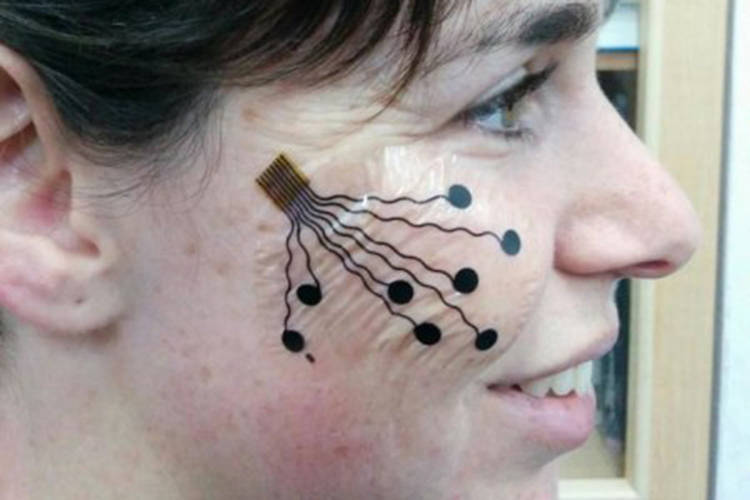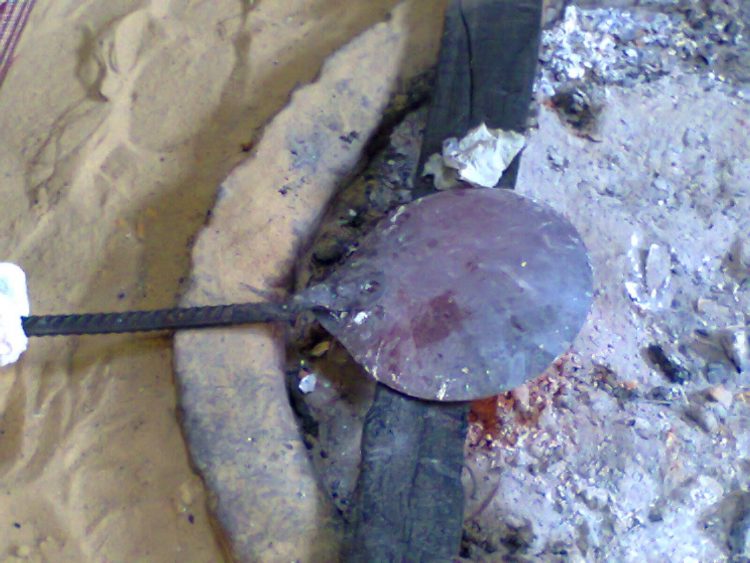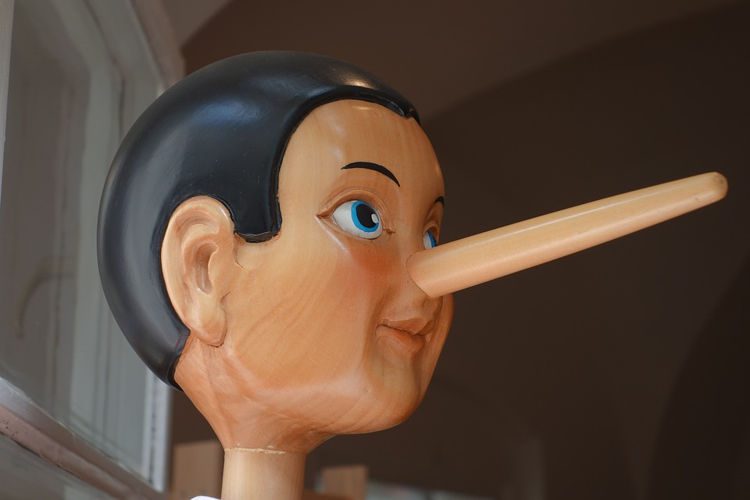When it comes to telling when someone is lying, we currently have very few options, but a team of Israeli researchers claims to have come up with something better than anything we’ve seen before.
Using stickers printed on soft surfaces containing electrodes that monitor and measure the activity of muscles and nerves, a team of researchers led by Prof. Dino Levy from Tel Aviv University, discovered that some people involuntarily activate muscles in their cheeks and eyebrows when they lie. No sensors had been able to measure these subtle muscle contractions before, but the innovative ones invented by Prof. Yael Hanein and sold by Israeli company X-trodes proved sensitive enough. Tests revealed a 73% success rate of lie identification, better than any existing technology.









